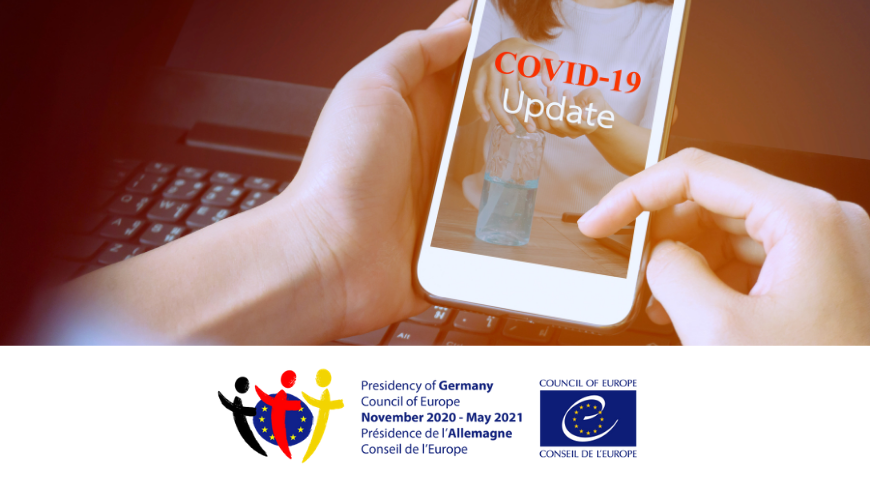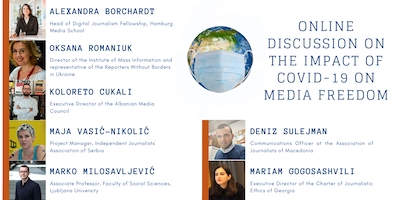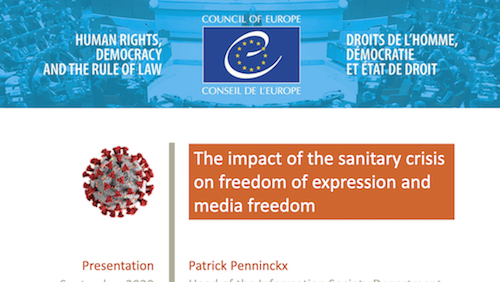The coronavirus pandemic constitutes an unprecedented and global crisis, which has forced Council of Europe member states to take extraordinary measures on the basis of constantly evolving and sometimes conflicting insights and information. The news media have played an important role in providing information about COVID-19 and associated measures, and news consumption has increased drastically. At the same time, the crisis has amplified important pre-existing challenges to free expression. The steady deterioration of freedom of expression across Europe in the recent years has weakened member states’ resilience in the face of the crisis and must be addressed.
The success of efforts to contain the spread of the virus is largely dependent on access to accurate, reliable, diverse and timely information by all – public authorities, media, medical and other technical staff and, equally important, the population. A free and pluralistic public debate is crucial for the public’s understanding of the situation and for their ability to make informed decisions, limit rumours, recognise disinformation and foster solidarity and trust in measures taken to address the crisis. The latest study “The impact of COVID-19 and ensuing measures on freedom of expression in Council of Europe member states” aims to identify trends in 2020, identify promising practices and contribute to effective policy solutions in the face of a major crisis, thereby strengthening member states’ resilience against further challenges ahead.








